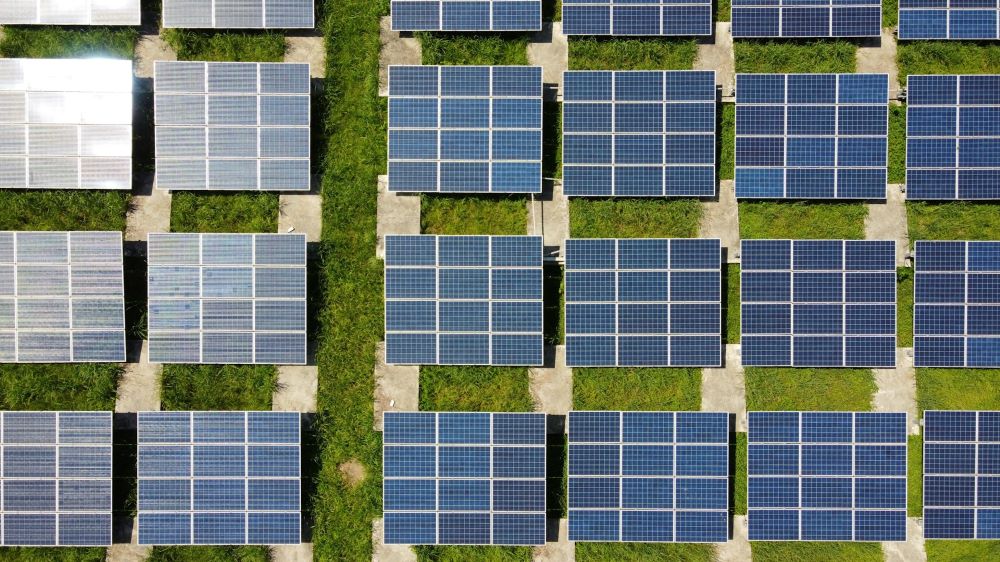Table of Contents
ToggleTaiwan is making significant strides in renewable energy, setting ambitious goals to transform its energy landscape. With a strong commitment to sustainability and reducing its reliance on fossil fuels, the Taiwan renewable energy sector is rapidly evolving. This blog post explores the current state of Taiwan’s renewable energy industry, its key initiatives, and the future prospects for this dynamic sector.
The Drive Towards Renewable Energy
Taiwan’s push towards renewable energy is driven by several factors, including the need to reduce greenhouse gas emissions, enhance energy security, and ensure a sustainable future. The government’s proactive policies and investments are pivotal in this transition.
Government Initiatives and Policies
The Taiwanese government has implemented several policies to promote renewable energy. The “Green Energy Industries and Technological Innovations Plan” and the “Renewable Energy Development Act” are two cornerstone initiatives aimed at fostering the growth of renewable energy sources such as wind, solar, and biomass.
One of the most notable targets set by the government is to generate 20% of the island’s electricity from renewable sources by 2025. This ambitious goal underscores Taiwan’s commitment to a greener future and has spurred significant investments in the sector.
Read more: Japan’s Renewable Energy Sector: A Quick And Balanced Look On A Rising Industry
Solar Energy: Harnessing the Power of the Sun
Solar energy plays a crucial role in Taiwan’s renewable energy strategy. With abundant sunlight, Taiwan has vast potential for solar power generation. The government has set a target to achieve 20 GW of installed solar capacity by 2025, making it a key component of the country’s renewable energy mix.
Several large-scale solar projects are underway, and the rooftop solar market is also expanding rapidly. Incentives such as feed-in tariffs and subsidies have encouraged both businesses and households to adopt solar energy solutions.

Wind Energy: Capturing Offshore Potential
Taiwan’s geographic location provides excellent conditions for wind energy, particularly offshore wind farms. The government aims to achieve 5.7 GW of installed offshore wind capacity by 2025, capitalising on the strong and consistent winds along the western coast.
Taiwan has attracted significant international investments in its offshore wind sector, with major global players partnering with local firms to develop large-scale wind farms. These projects are expected to contribute substantially to Taiwan’s renewable energy goals and create thousands of jobs in the process.
Read more: Exploring South Korea’s Renewable Energy Sector Powering A Vibrant Future
Key Players and Projects
Several key players are driving the growth of Taiwan’s renewable energy industry. Local companies such as TSEC Corporation and Motech Industries are leaders in the solar sector, while international giants like Ørsted and Siemens Gamesa are heavily involved in offshore wind projects.
Major Solar Projects
- Shalun Green Energy Science City: This innovative project in Tainan aims to integrate solar power with smart grid technology, serving as a model for future green energy developments.
- Kaohsiung Solar Power Plant: One of Taiwan’s largest solar power plants, this facility significantly boosts the island’s solar capacity.
Notable Wind Projects
- Formosa 1 Offshore Wind Farm: Taiwan’s first commercial-scale offshore wind project, Formosa 1, marks a significant milestone in the country’s renewable energy journey.
- Greater Changhua Offshore Wind Farms: Developed by Ørsted, these projects are among the largest offshore wind farms in Asia and are set to provide substantial clean energy to Taiwan’s grid.
Challenges and Future Outlook
While Taiwan’s renewable energy industry is progressing rapidly, it faces several challenges. These include land constraints for solar installations, regulatory hurdles, and the need for technological advancements to improve energy storage and grid integration.
Despite these challenges, the future of Taiwan’s renewable energy industry looks promising. Continued government support, technological innovation, and international collaboration will be key drivers in achieving the country’s renewable energy targets.
Conclusion
Taiwan’s renewable energy industry is on an exciting trajectory, with ambitious goals and significant investments paving the way for a sustainable future. By harnessing the power of the sun and wind, Taiwan is well on its way to reducing its carbon footprint and enhancing energy security. As the Taiwan renewable energy sector continues to grow, it presents numerous opportunities for businesses, investors, and the broader community to contribute to and benefit from this green transformation.
Interested in expanding to Taiwan? With our over 15 years of experience serving the Asian market, Eos Global Expansion is ready to help. Our Employer of Record (EoR) services will take care of the administrative duties so you can focus on your core business. Check out our services here or contact us directly.







